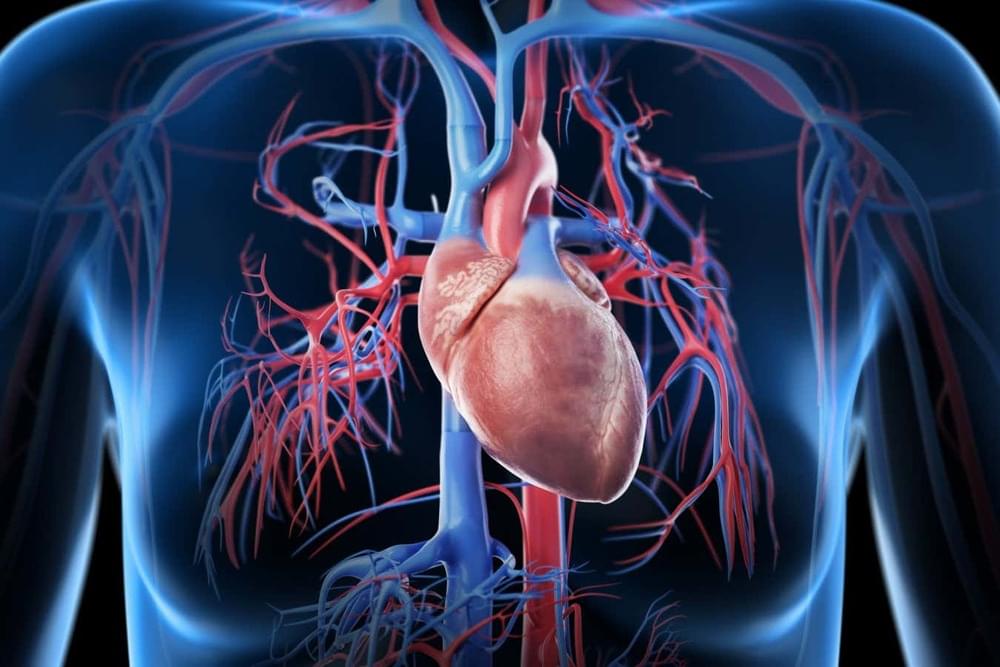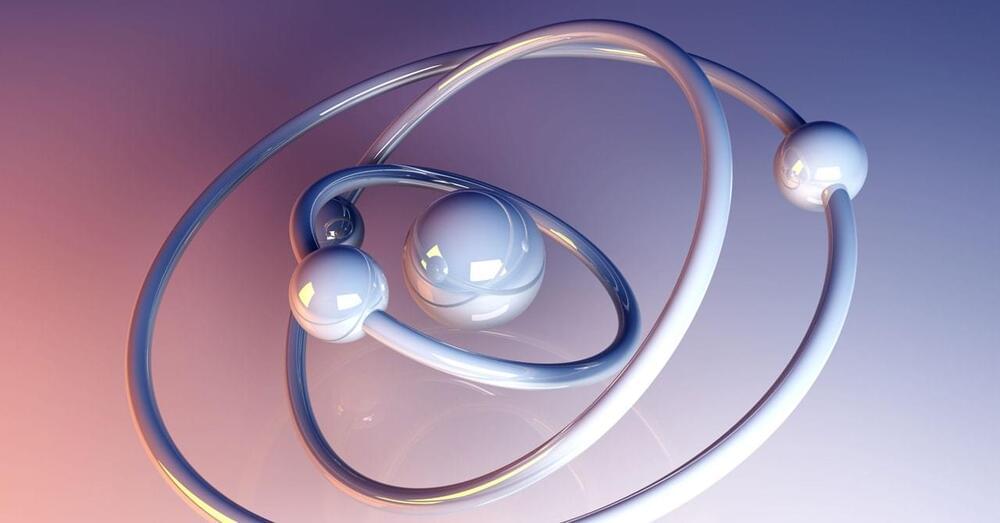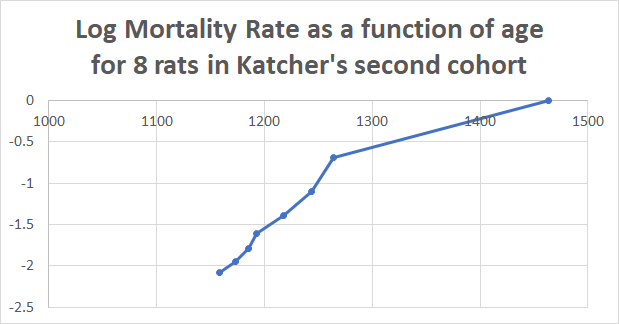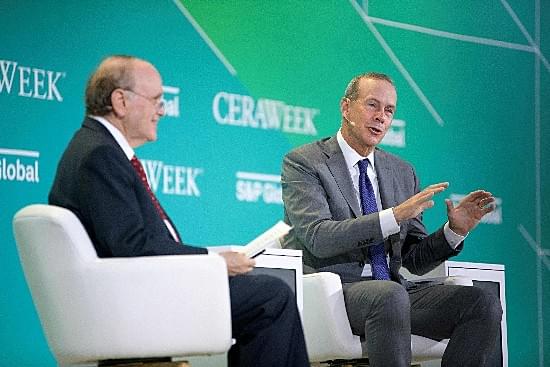FallenKingdomReads’ list of 10 Classic Science Fiction Books Every Sci-Fi Fan Should Read.
Science fiction has been a popular genre since the 19th century, captivating readers with visions of the future and exploring the boundaries of what is possible. With so many incredible science fiction books to choose from, it can be difficult to know where to start. Here are ten classic science fiction books every sci-fi fan should read.
This novel follows the story of Hari Seldon, a mathematician who predicts the decline of a galactic empire and sets out to establish a foundation to preserve human knowledge and advance civilization. Asimov’s writing is full of intrigue, philosophy, and scientific concepts that will leave readers captivated.









